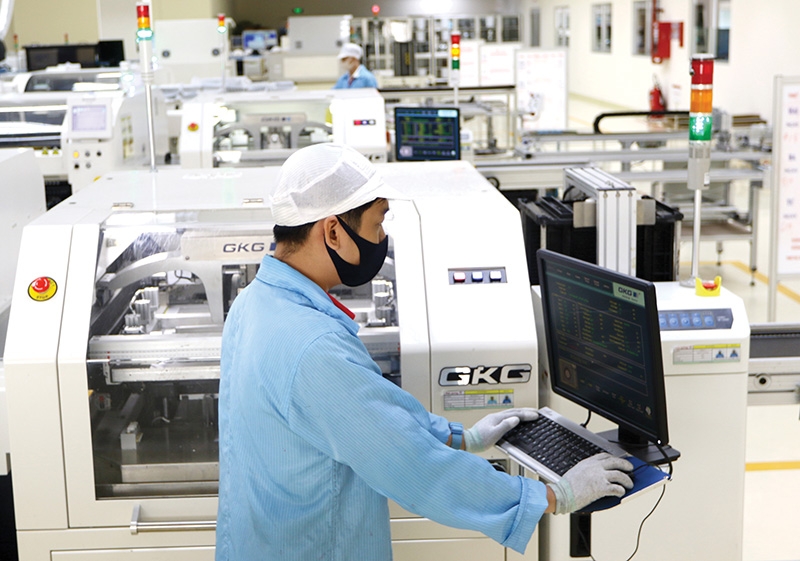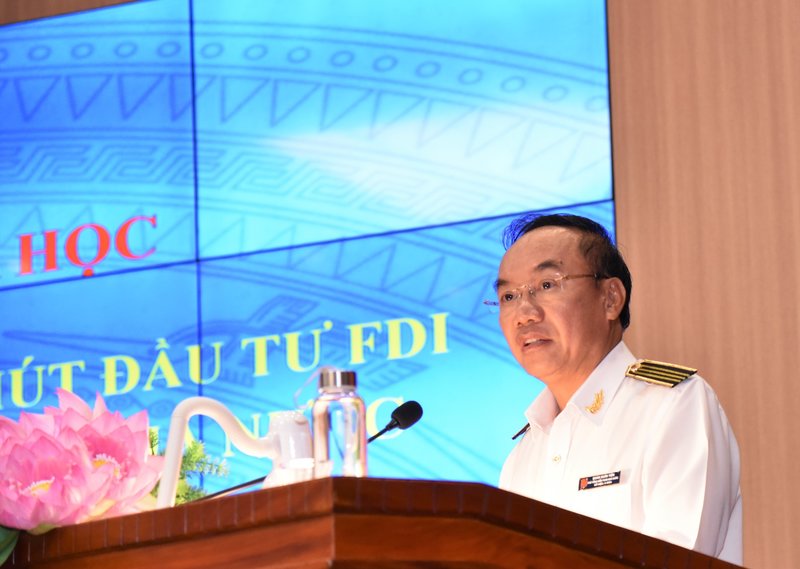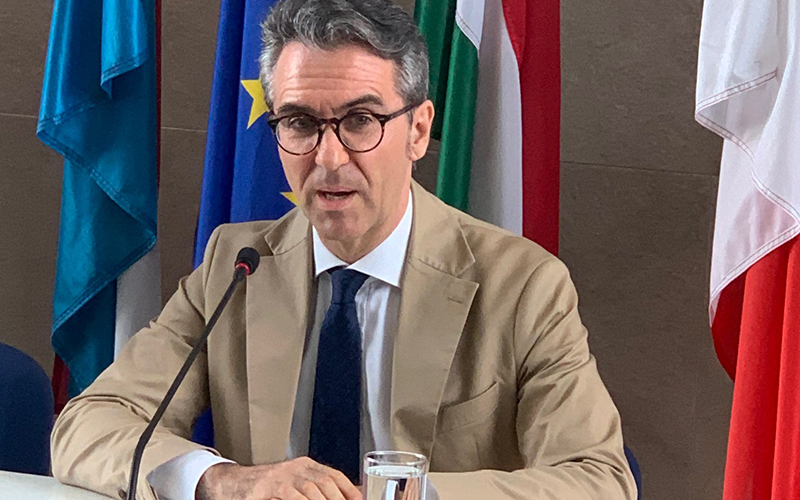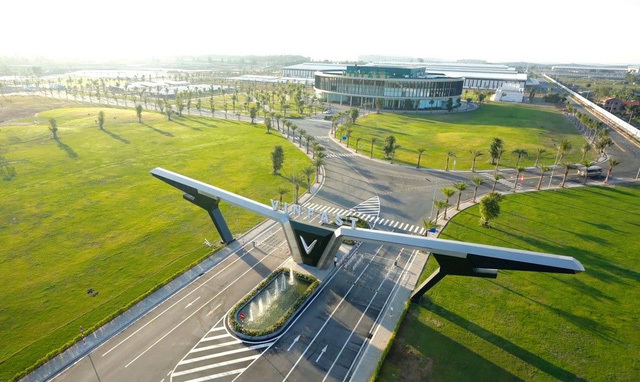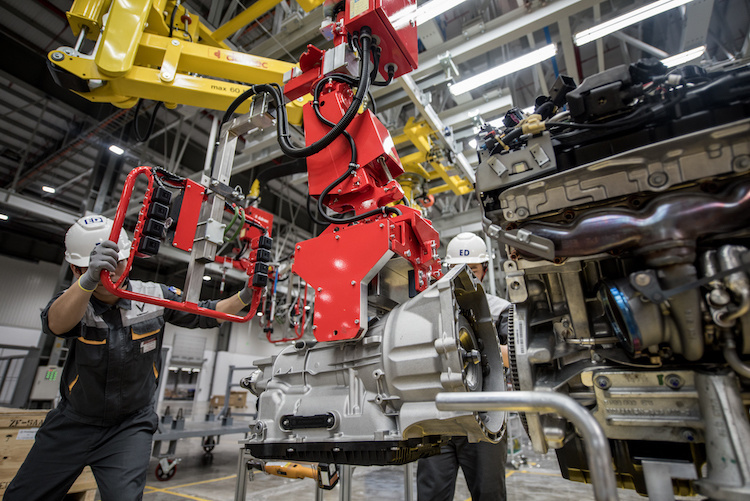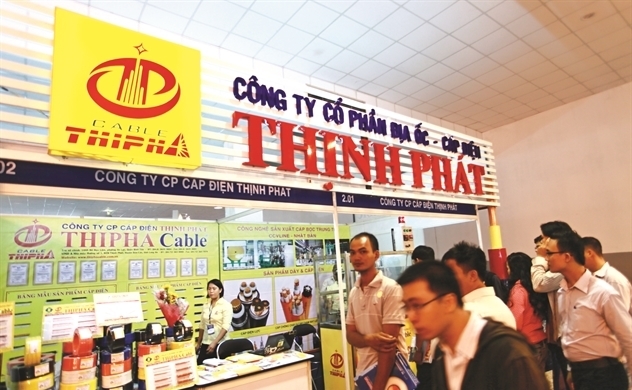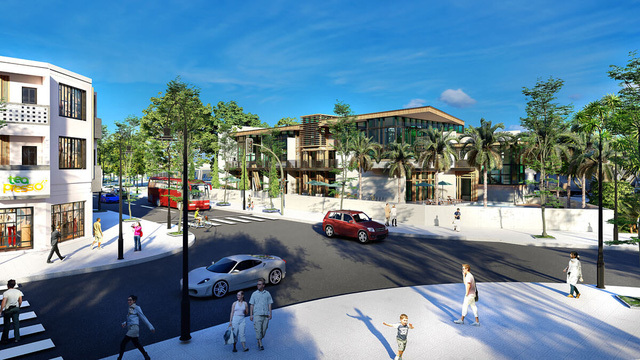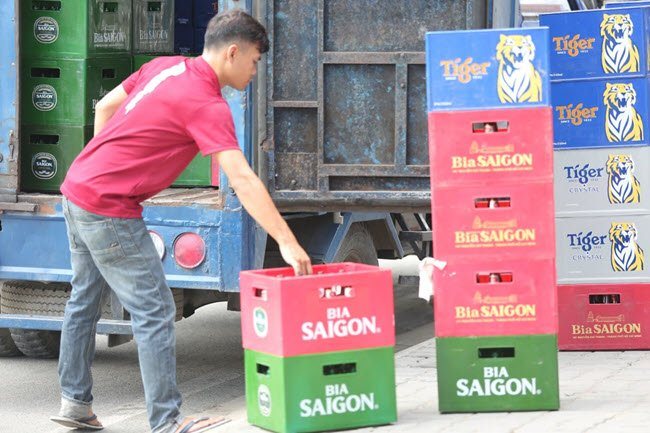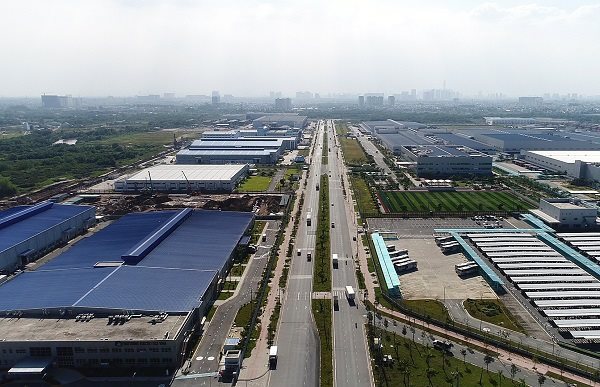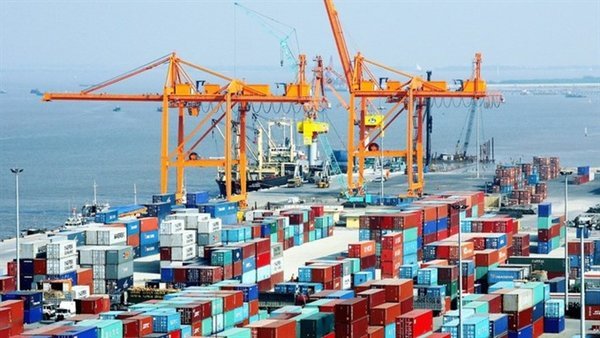- © Copyright of Vietnamnet Global.
- Tel: 024 3772 7988 Fax: (024) 37722734
- Email: evnn@vietnamnet.vn
FDI
Update news FDI
Climbing the value chain to maximise investment
In general, foreign investors are seeking safe, stable investment environments with established real estate market practices, rule of law, and structured land ownership, with available financial support from banks.
Speedier recovery up ahead for some
Industrial and residential properties could be the sectors grasping the most upcoming attention in the real estate market of Vietnam, Indonesia, and the Philippines – three of the ASEAN’s fastest-growing economies.
Sands shifting as pandemic shakes up geopolitical arena
With the current upheaval taking place around the world due to the coronavirus pandemic, how can geopolitical frictions between the major powers impact nations like Vietnam that are looking to attract top investment?
Experts see golden opportunities for Vietnam as the US’s preferred partner
 Vietnam needs to grab opportunities to reduce its trade surplus with the US.
Vietnam needs to grab opportunities to reduce its trade surplus with the US.
Transfer pricing among FDI firms in Vietnam at alarming rate: State Audit
While FDI firms continue to report losses, they keep expanding operations in the country.
Vietnam’s pathway to accessing new overseas investment flows
Vietnam is generally regarded as having great prospects to seize overseas investment flows moving away from China.
Trade, investment agreements deepen and broaden Europe-Vietnam economic ties
Ambassador of the European Union Delegation to Vietnam Giorgio Aliberti shared his comment on the effects of the EVFTA and EVIPA on the EU-Vietnam economics relations.
Did billionaire Vuong foresee Vietnam joining Quad Plus?
 Covid-19 has forced manufacturers to consider restructuring the value chain, according to Sunny Hoang Hoa from Savills HCM City. Vietnam is expected to benefit from the trend.
Covid-19 has forced manufacturers to consider restructuring the value chain, according to Sunny Hoang Hoa from Savills HCM City. Vietnam is expected to benefit from the trend.
Quad+ dialogue offers great opportunities for Vietnam’s enterprises
 The Quad countries’ economic prosperity network plan is expected to bring great opportunity to Vietnam’s enterprises.
The Quad countries’ economic prosperity network plan is expected to bring great opportunity to Vietnam’s enterprises.
FDI is important for VN's real estate market recovery
 Foreign direct investment (FDI), which will help the economy recover after Covid-19, is also a driving force for the recovery of the real estate market.
Foreign direct investment (FDI), which will help the economy recover after Covid-19, is also a driving force for the recovery of the real estate market.
More VN firms may be acquired by foreigners
 Minister of Planning and Investment (MPI) Nguyen Chi Dung warned that many Vietnam businesses may fall into foreign hands because of the pandemic.
Minister of Planning and Investment (MPI) Nguyen Chi Dung warned that many Vietnam businesses may fall into foreign hands because of the pandemic.
Vietnam continues to attracts FDI, but will not depend on foreign investors: economists
 The economy won’t successfully grow if money is only poured into the pockets of a few people, while the majority of people face difficulties and have to live in a polluted environment, experts say.
The economy won’t successfully grow if money is only poured into the pockets of a few people, while the majority of people face difficulties and have to live in a polluted environment, experts say.
Thai investors quietly acquires properties in Vietnam
 Covid-19 cannot deter Thai investors from implementing their plans to acquire Vietnam’s businesses.
Covid-19 cannot deter Thai investors from implementing their plans to acquire Vietnam’s businesses.
Investors pour money into industrial real estate in anticipation of FDI boom
 Large corporations from different business fields have begun injecting money into Industrial Zone projects as they can see great opportunities from an expected FDI wave in Vietnam.
Large corporations from different business fields have begun injecting money into Industrial Zone projects as they can see great opportunities from an expected FDI wave in Vietnam.
Industry-Trade Ministry contradicts rumor about Sabeco share buyback
 The Ministry of Industry and Trade on June 3 refuted a rumor stating that it would buy back 53% of Saigon Beer, Alcohol and Beverage Corporation's (Sabeco) shares from Thaibev.
The Ministry of Industry and Trade on June 3 refuted a rumor stating that it would buy back 53% of Saigon Beer, Alcohol and Beverage Corporation's (Sabeco) shares from Thaibev.
Vietnamese investors rush to develop IZs in anticipation of new FDI wave
 Hoping that Vietnam will be able to catch the investment flow leaving China, IZ developers have hurried to implement their projects.
Hoping that Vietnam will be able to catch the investment flow leaving China, IZ developers have hurried to implement their projects.
Redirection of FDI flows opens up opportunities for HCM City
 FDI inflows to HCM City rose to nearly 70 million USD in the first quarter of 2020 thanks to the gradual redirection of investment flows due to COVID-19.
FDI inflows to HCM City rose to nearly 70 million USD in the first quarter of 2020 thanks to the gradual redirection of investment flows due to COVID-19.
What are Vietnam's advantages in attracting foreign investment?
 Vietnam has great advantages over its rivals to attract foreign investors, including low costs, an advantageous position, and stable exchange rate and institutional mechanisms.
Vietnam has great advantages over its rivals to attract foreign investors, including low costs, an advantageous position, and stable exchange rate and institutional mechanisms.
Can Vietnam could take advantage of new foreign investment strategies?
 Over the past few decades, many companies worldwide have come to China, seeking a place to set up production bases and do business as they were lured by the country’s low labour costs and enormous domestic consumer market,
Over the past few decades, many companies worldwide have come to China, seeking a place to set up production bases and do business as they were lured by the country’s low labour costs and enormous domestic consumer market,
Panasonic heads up Japanese production movements
Panasonic is among the first Japanese investors to relocate their activities to Vietnam in the context that multinational corporations are considering to restructure their global manufacturing.


